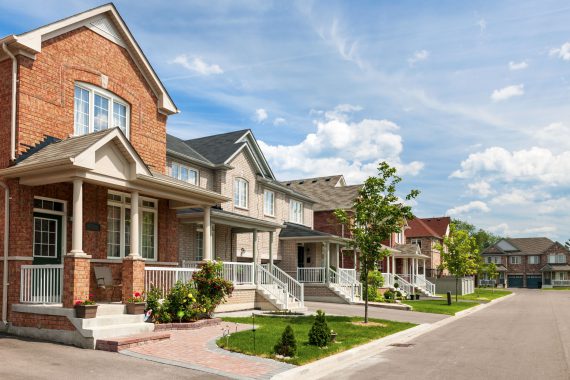GPs missing out on millions from developers ‘due to CCG confusion’

The NHS is missing out on millions of pounds from property developers that should be used to help services like GPs cope with extra demand, a report by think tank Reform has found.
The review found that section 106 funding, collected from housing developers by local councils and then given to health commissioners, is not being passed on to practices because in some cases CCGs do not always have a clear understanding of how it should be spent.
In addition, the report noted CCG requests for the money have been challenged by councils that argue the money is going to ‘a private or commercial enterprise’.
NHS England and CCGs should complete an appraisal of the different GP ownership models that would ‘best satisfy the planning requirements’ of councils to ensure more money reaches general practice, said the report.
The BMA said the report highlighted it was ‘essential’ that routes to accessing the money were made clearer.
The report found only 36% of local councils had secured section 106 funding – which can be used for the NHS or other public services – to spend on healthcare between 2013/14 and 2018/19.
Data obtained through freedom of information responses showed 105 local planning teams, out of the 293 responding, had altogether collected £87m for healthcare.
But even then, around half of the money – £41m – was being held by planning teams and had not yet been transferred to the healthcare provider.
As of 2018/19, a total of 20 local planning teams still had more than £500,000 of section 106 funds waiting to be transferred to the NHS. In one case, Exeter City Council was still holding more than £10m.
The think tank did not explicitly ask local authorities if they had collected developer funding for healthcare projects through the community infrastructure levy instead, but it said only 29 local planning teams had indicated this as a possibility.
The report noted GPs rely more on the cash than hospitals because they receive less funding from central Government.
But CCG requests for the money to be used on practices are sometimes questioned by local councils due to the belief that this would equate to spending the cash on a ‘private or commercial enterprise’.
The changing requirements and priorities within the NHS also mean local councils view healthcare projects as riskier – because there is less certainty projects will be delivered on time, said the report.
The report added: ‘NHS trusts and CCGs do not always have a clear understanding of how they should spend section 106 funds or utilise in-kind contributions.
‘There is often no clear remit for dealing with section 106-related issues at the trust or CCG level, meaning that the estate needs of each area are not fully understood, therefore delaying decisions around the spending of section 106 monies.’
The report called for CCGs, NHS England and NHS Improvement to complete an appraisal of the different GP ownership models so they can understand more clearly how this tallies with local council planning requirements.
Claudia Martinez, lead author of the report and research manager for Reform, said: ‘The NHS estate is in dire straits and yet millions are being left unspent or untapped.
‘Given the scale of the Government’s house building ambitions and the pressure it will put on local services, it must urgently act to rectify this.’
Commenting, Dr Chaand Nagpaul, BMA council chair, said: ‘NHS infrastructure is in dire need of investment both in primary and secondary care and this is adversely impacting on patient services.
‘It’s essential that there is greater awareness and clearer pathways so that this vital money is made more accessible to enable doctors and staff to work in fit for purpose buildings that meet patient’s needs.
An NHS England spokesperson said: ‘The NHS long-term plan will mean £4.5 billion extra each year for primary care, but as well as additional national investment, making sure appropriate local funding is made available for an area’s health services is a value for money investment, which allows the NHS to offer the best possible care for patients.
‘We expect councils, GPs and other services in the community to work together to get funding into people’s essential health care services.’
Pulse October survey
Take our July 2025 survey to potentially win £1.000 worth of tokens











